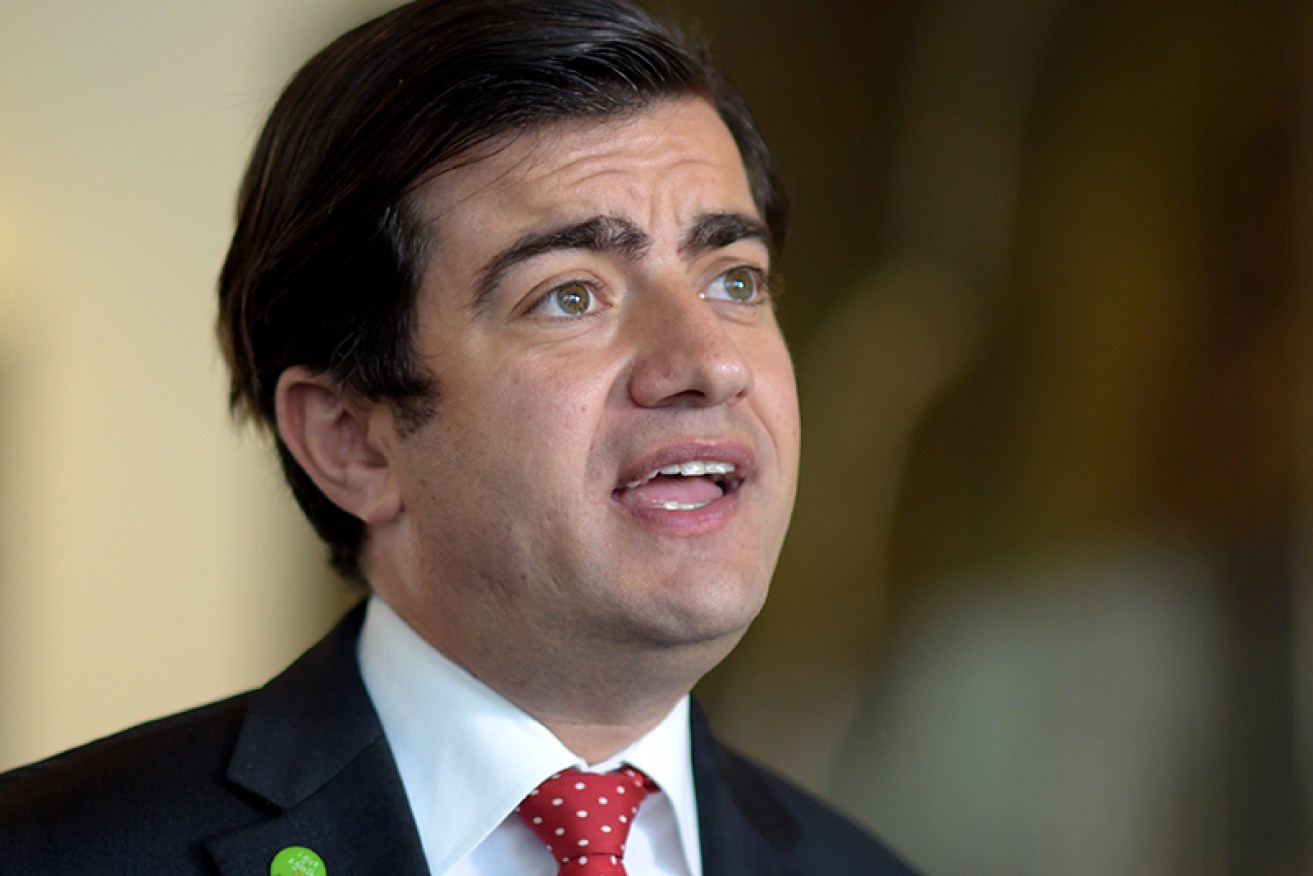Uber and Airbnb roped into Senate inquiry

Photo: AAP
Global startups Uber and Airbnb will go before the Senate inquiry into corporate tax avoidance this week as they face accusations of redirecting profits.
The companies will be brought before the inquiry in Sydney on Wednesday, with claims they avoided tax by redirecting earnings through the Netherlands and Ireland.
Uber and Airbnb have submitted their case to the inquiry, arguing that their operations are in accordance with Australian law and suggesting they were acting as a support service to their international counterparts.
• Why I changed my mind about Uber
• ‘We’re ahead of curve on tax dodgers’
• The plan to end corporate tax rorting
Labor senator and former chairman of the inquiry Sam Dastyari told Fairfax Media that despite the hype surrounding disruptive technologies, companies must still comply with Australia’s taxation laws.
Disruptive technologies are products and services that create a new market and value network, effectively causing disturbances to existing markets and established leaders and alliances.

Labor senator Sam Dastyari was the previous chairman of the inquiry. Photo: AAP
“There’s a lot of buzzwords around at the moment in politics about disruptive technology and innovation,” he said.
“I’d also like to see us get back to the old-fashioned principle where companies actually pay their taxes in Australia.”
“Just because these companies are innovative doesn’t mean we should allow them to have artificial structures designed to minimise their taxes. And that’s precisely what we will be testing on Wednesday.”
Other multinational companies slated to give evidence include executives from Chevron, ExxonMobil, Shell, Caltex, BP, Viva Energy, Woodside, Santos and Origin Energy.
Tax Commissioner Chris Jordan will also be asked to provide evidence. The commissioner has used previous inquiries to challenge commentary by multinational companies Apple, Google, Microsoft, BHP Billiton and Rio Tinto.
Transport service Uber has faced numerous hurdles in its bid for legitimacy. Its ride-sharing division UberX is classified as illegal in most states, but was regulated by the ACT government last month.
On the issue of GST, Uber remains on the radar of the Australian Tax Office. The multi-billion-dollar company is currently in the midst of a Federal Court battle with the Tax Commissioner regarding the ATO’s decision to forced Uber drivers to register and pay for GST.
Prime Minister Malcolm Turnbull has previously pledged support for the ride-sharing service. As communications minister, the PM praised companies such as Uber as part of the “agile” economy.
Federal Labor is also hoping to claim the ride-sharing service as a parliamentary expense and Opposition Leader Bill Shorten has shown bi-partisan support for the service, suggesting “tailored, light-touch” national rules be implemented.
Mr Jordan told a senate estimates hearing last month that Uber had not been truthful or compliant in its tax dealings.
“If you were to have a company that was not transparent with us, and hadn’t co-operated particularly well with us, and in fact made publicly incorrect statements, that could impact our view of them,” Mr Jordan said.
Uber’s director of public policy Brad Kitschke said in a submission to the inquiry that Australia should work within the OECD framework as opposed to taking its own action, highlighting that “almost every country in the world would like more tax revenue for their Treasury”.







